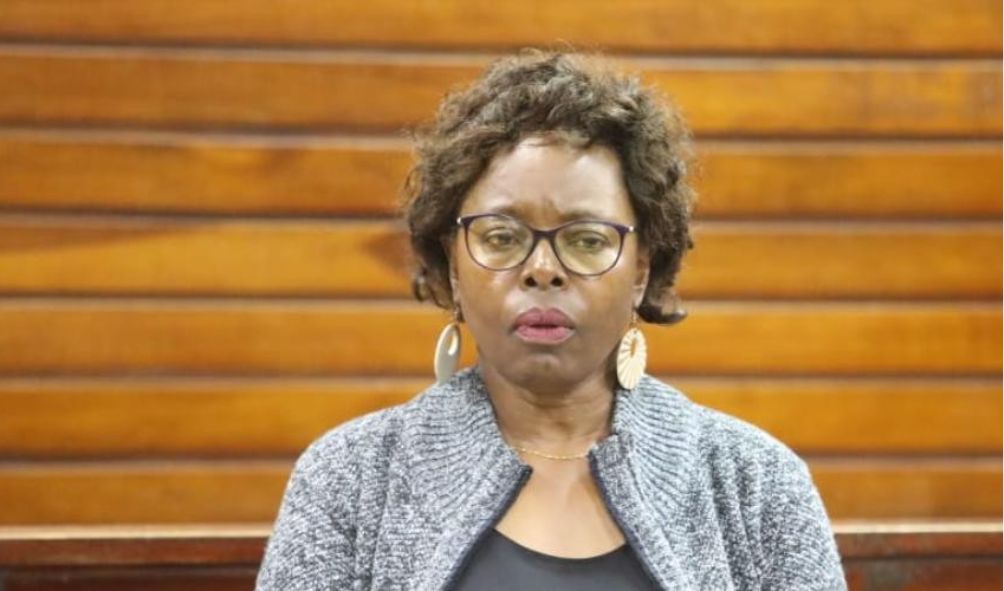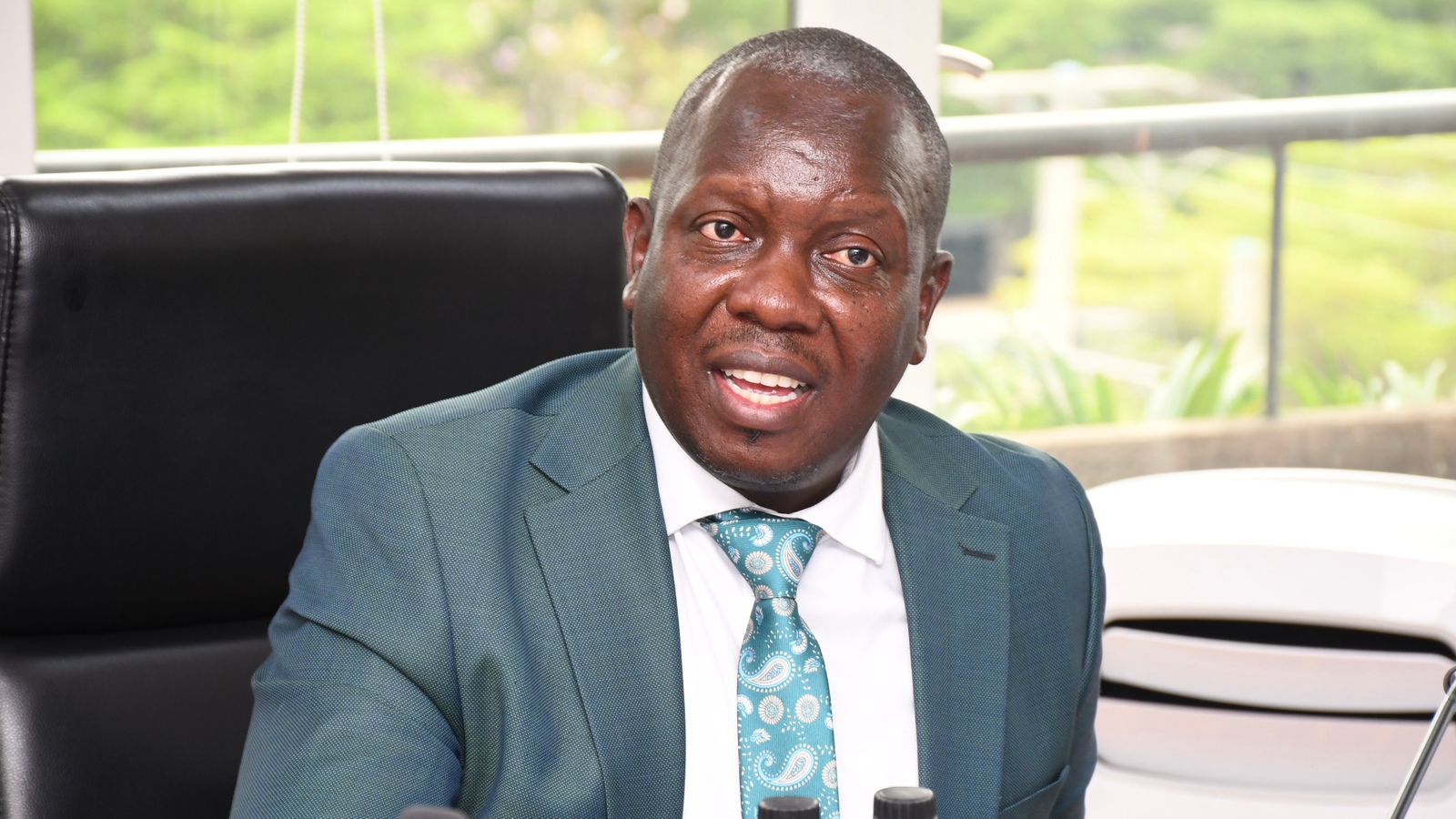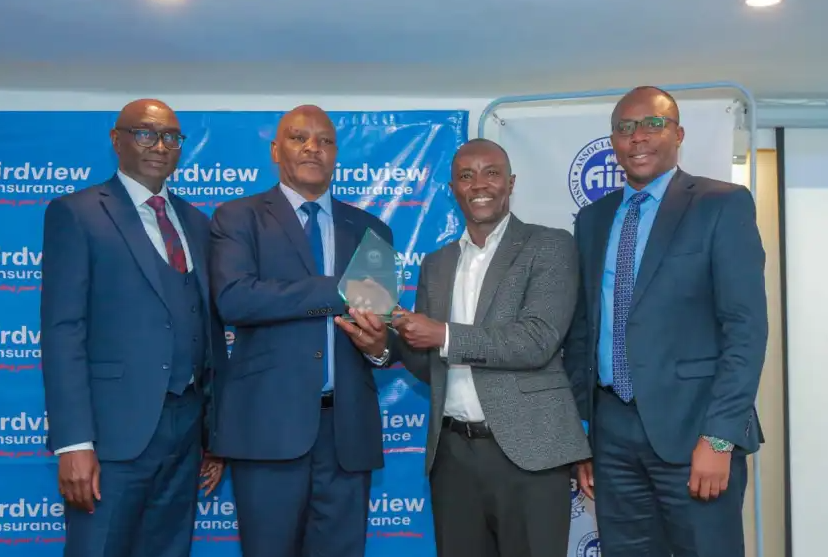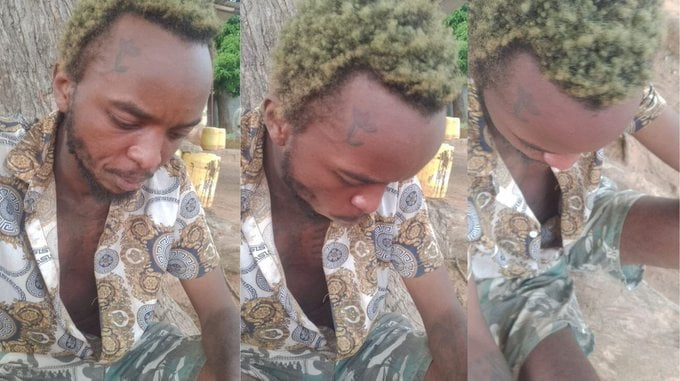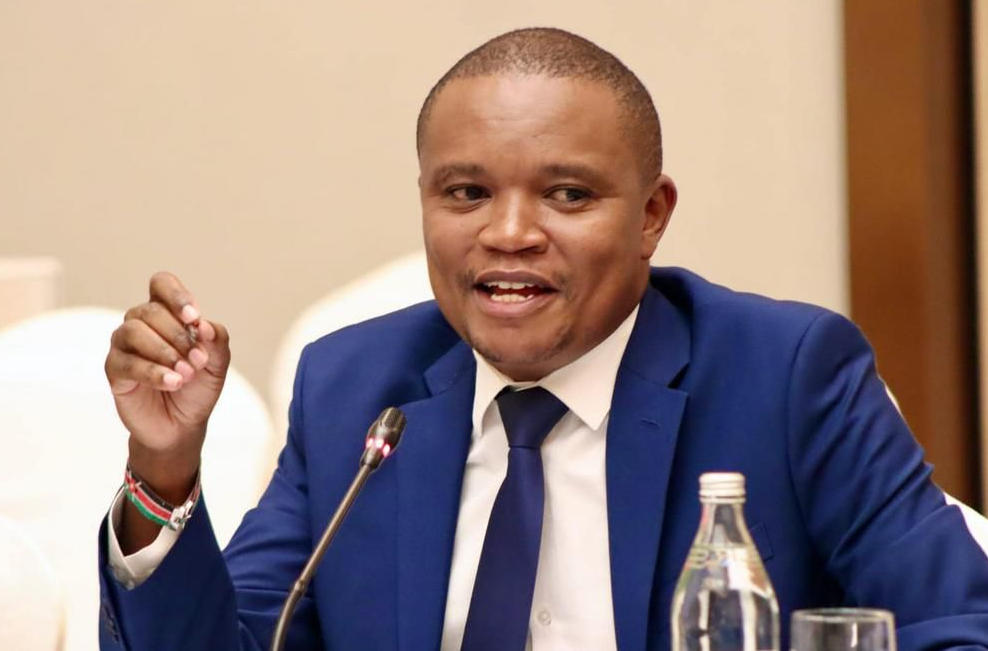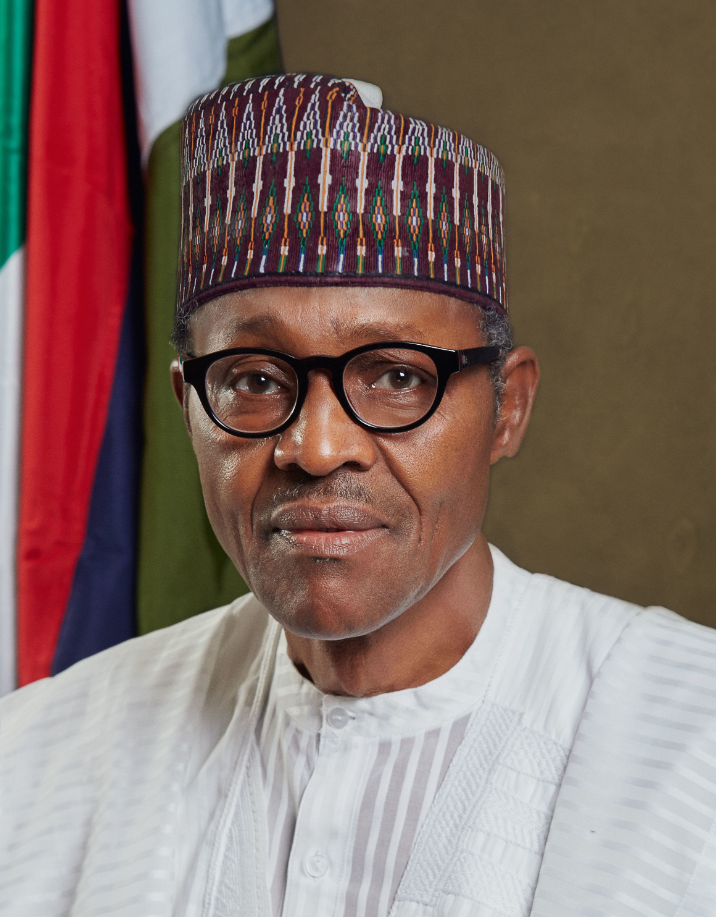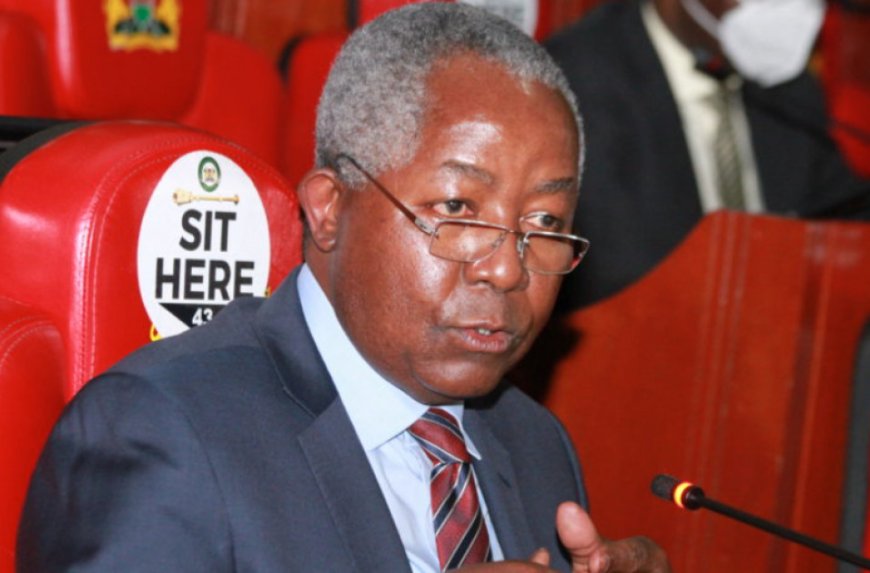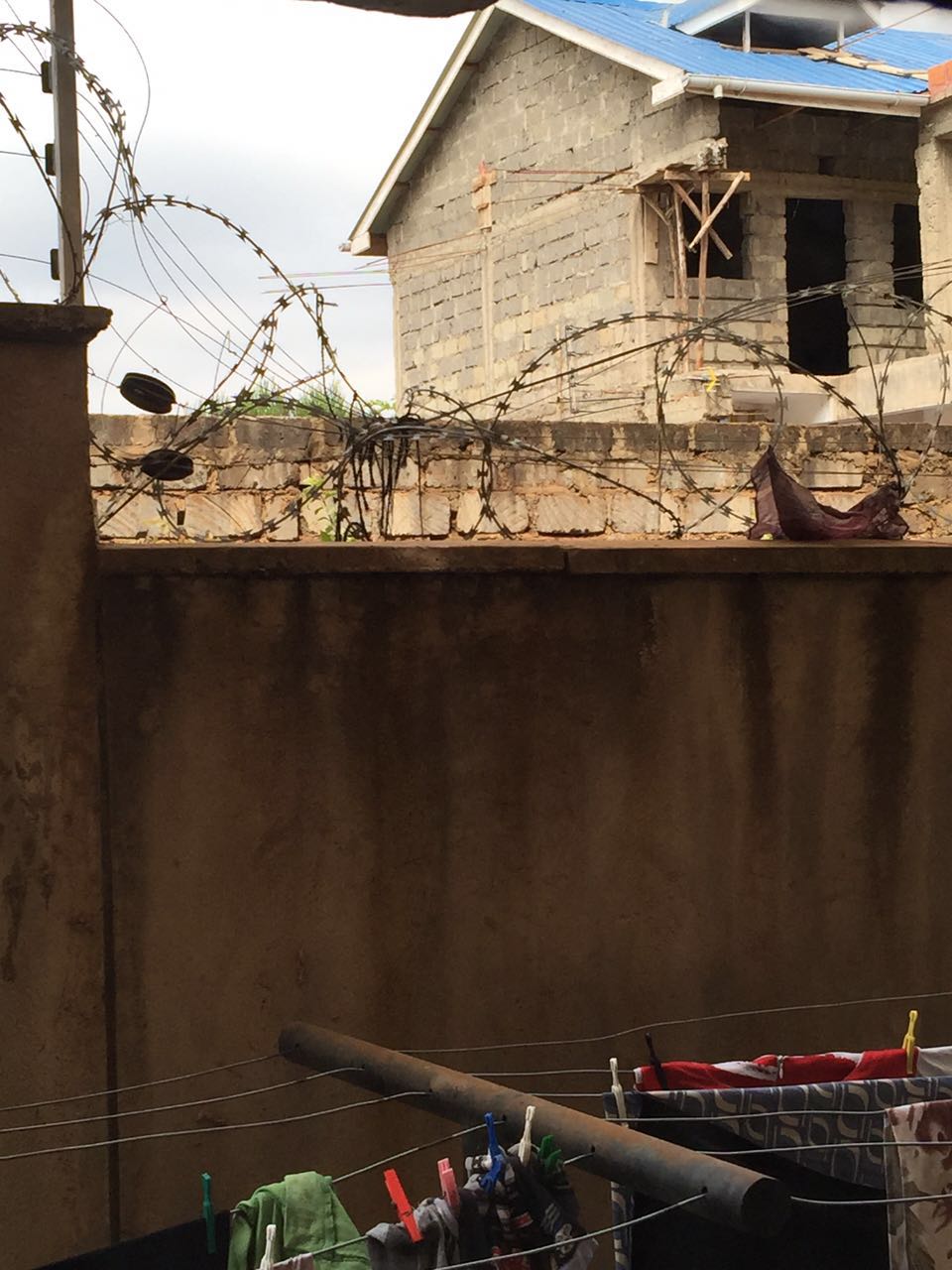
The Kenya Revenue Authority (KRA) has issued a Notice of Additional Assessment to Oki General Trading Limited, demanding payment of more than Sh810 million in unpaid taxes, penalties, and interest. At the center of the scandal is the company’s Country Manager, Deepak Rajoriya, who is alleged to have masterminded an elaborate tax evasion scheme, protected by political patronage and a network of shell companies.
According to investigators, Rajoriya worked closely with businessman Karan Badlani, director of Satnam Limited, to build a chain of companies used to falsify import documents and conceal the true value of goods brought into Kenya. One case flagged by KRA involved luxury perfumes valued at over USD 300,000 (Sh39 million), for which only Sh2 million in duty was paid. Authorities say this was not an isolated mistake but part of a deliberate system designed to siphon money abroad while starving Kenya of much-needed revenue.
Badlani is also accused of residing in the country illegally for more than two and a half years without a valid visa, his stay tolerated through political connections that insulated the operation from scrutiny. Rajoriya, meanwhile, is said to have used both influence and money to mute oversight and keep the fraud running.
The assessment notice issued by KRA outlines a web of under-declarations and unpaid obligations covering the period from October 2020 to September 2024.
An audit of bank statements from Ecobank and Absa revealed drawings by directors and senior staff, including Rajoriya himself, which were classified as taxable income but never subjected to PAYE.
Salaries totaling Sh3.9 million and staff benefits such as company-paid rent were flagged, alongside commissions and payments to affiliates like Satnam Limited that were never taxed. The total PAYE liability, inclusive of penalties and interest, was assessed at Sh251.8 million.
The audit also found that Oki General Trading had understated sales and misrepresented bank reconciliations, with unexplained variances of Sh173.1 million, of which Sh137.7 million was deemed taxable.
Stock reconciliations revealed undeclared imports linked to Satnam Limited worth Sh495.8 million, while customs checks indicated that profits had been understated by hundreds of millions. These adjustments pushed Oki’s corporation tax exposure to Sh428.4 million.
KRA further raised Sh100.4 million in VAT on understated sales, reconciliation variances, and customs values. Input VAT claims amounting to Sh4.3 million were disallowed after being deemed non-allowable under Section 17 of the VAT Act, as they involved accommodation, entertainment, and duplicated invoices.
The company was also faulted for failing to withhold taxes on professional fees paid to auditors and consultants, resulting in an additional liability of Sh4.1 million.
In total, Oki General Trading faces a potential Sh810 million bill, one of the largest corporate tax assessments in recent years.
KRA has given the company 30 days to object to the assessment, after which the amounts will become due and payable. While the government’s tax amnesty program, valid until June 2025, offers Oki a chance to pay principal taxes and avoid escalating penalties, the scandal has already ignited calls for severe enforcement.
Analysts describe the Rajoriya–Badlani operation as a form of economic sabotage. Every fraudulent consignment cleared under their watch represented funds stolen from hospitals, schools, and infrastructure, while shielding the perpetrators’ extravagant lifestyles.
Experts now insist that KRA must not only recover the unpaid taxes but also prosecute those responsible for deceit, forgery, and fraud, and blacklist Oki and its affiliates from operating in Kenya.
For the tax authority, the stakes are high. This case is more than just about money — it is a test of whether Kenya can hold politically connected corporate figures to account.
At its center, Deepak Rajoriya stands accused of building a machine of plunder disguised as a trading empire. For KRA, the choice is clear: act decisively to reclaim stolen revenue and restore public confidence, or risk confirming fears that the wealthy and connected remain untouchable.



